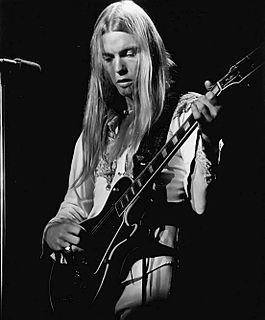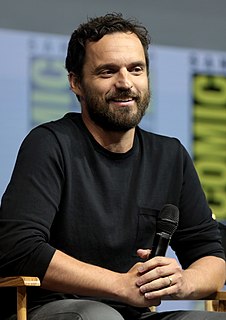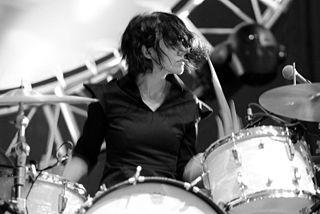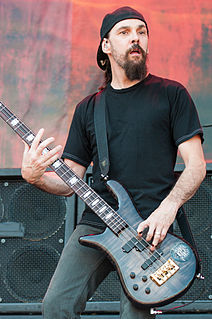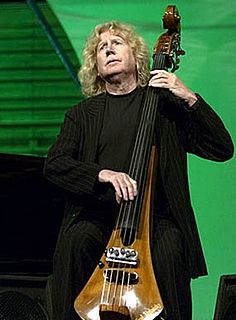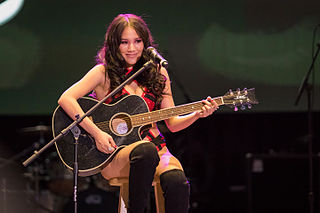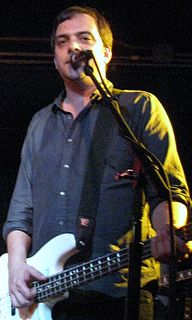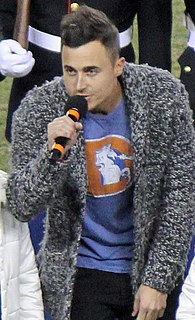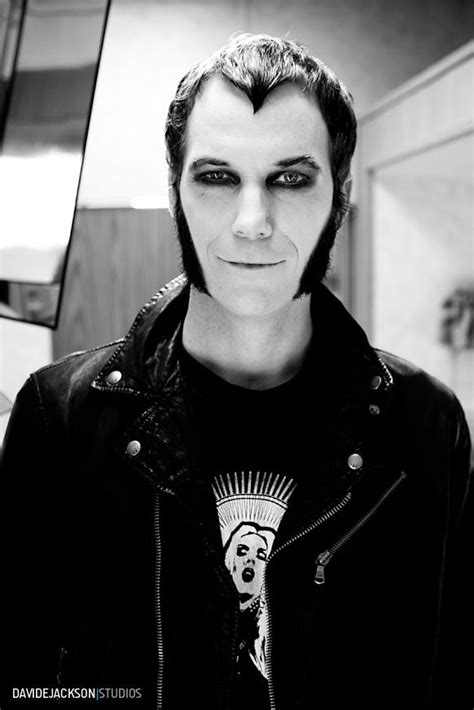A Quote by Gregg Allman
You take all the time to write a song: you have to let it ooze on out by its natural self and that is pretty time consuming. Then you teach it to the band so everybody gets all the parts. Then you rehearse it and road test it, and all that. Then you get to the studio and there is a new guy in the band who calls himself the producer, right? Huh. He either makes it or breaks it usually before nightfall.
Related Quotes
To me, the producer is there to make sure the album gets done and gets done as good as possible. So if that means that you have to help write a bridge or help write a part, that's what you do. If that means you help tune the guitars, then that's what you do. If that means all you do is tell the band their takes are good and they should stop f——— with things, then that's what you do. If it means you don't do anything except make sure the band doesn't fight, then that's what you do. Sometimes it's a little more stressful than others, but for the most part, you just don't complain about it and you just get it done.
My first CD started as a studio project and I record everything with one other guy, so I didn't have a band. That's kind of how I like to do it, though. I like to create it with one other person, this guy, Tommy English, who produces everything. And then I go out on the road with a band who interprets it live.
All those experiences were a chance to learn more about music. Playing with the Valley band is like such a "live" band. I mean, really, in many ways Bright Eyes is really a studio project. We form bands to tour, but it really is - you know, we take the songs and we figure out how to decorate them and it's all in the studio, we build the songs that way. Whereas Mystic Valley Band was the exact opposite, where everybody knows what they are gonna be playing on the song and there's sort of a general stylistic approach, and then it's just plug in and play.
We, Autolux band, write in very different ways; sometimes we play with the band and write music first and then form vocal parts and lyrics. Or I'll find some music, or a guitar part or something, and I'll just write an entire sketch of an idea from that. So I think things have always been that way, it's just that this time around we had some more obstacles off and on all the time.
I actually knew Sully's sister, and I was in a band called Stripmind, and then I became roommates with Sully and being out of a band, he asked if I wanted to join in his. Tony was originally the second guitarist in the band; a guy by the name of Lee Richards was the first. The rest is pretty much history.
I approach song writing three different ways. One way is where I write the initial melody and lyrics first and then take it in to the producer to collaborate. Another way is where the producer sends me his initial musical track ideas and then I write the lyrics and melody over his track. The third way is where we just jam out in the studio and see what we come up with.
When you first start a band all you think about and spend your time doing is writing songs, play shows, in the simplest way and the simplest formation of the band. It's about the gear, and that guitar that one day you will buy. It's a beautiful time. I'm grateful for having that time. Then life flips upside down, all of a sudden you are strapped to a rocket ship, you get a hit, then it is tough to keep grounded.
Usually when I start a new project there's a fear of the unknown; maybe it's a band I've never been in the studio with before. People are so different. It's almost like you need to go through the process, discover and unlock what it is that makes that band that band. And a lot of times they don't know it.
There's a lot of discussion about whether you should be a good live band or a good studio band. I think you can use the studio to make a great "studio record" and not necessarily have to reproduce exactly that on stage, but still be a great "live band." Having said that, if what you're going for is just the raw capture of your live sound, then that's cool, too - go for it! I enjoy working in the studio, though, and while I try to get near to an approximation of what's going on onstage, it's not my first priority usually.
